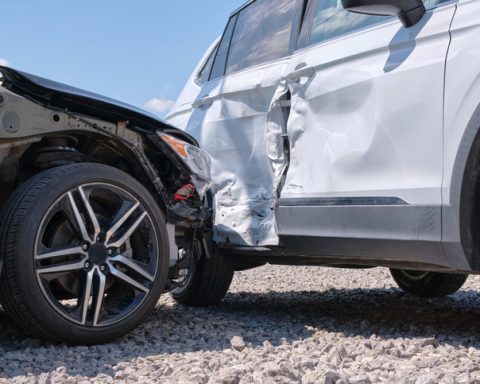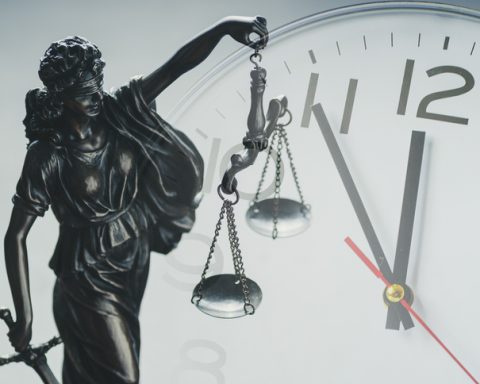Most people believe they’ll never face criminal charges. It’s a comforting assumption—but statistically unrealistic. According to the Bureau of Justice Statistics, millions of Americans are arrested every year, many for first-time offenses and many for incidents that escalate far faster than expected.
The reality is simple: it only takes one misunderstanding, one accusation, one traffic stop gone wrong, or one moment of being in the wrong place at the wrong time to find yourself pulled into the criminal justice system. And once you’re in it, the process can be overwhelming, unforgiving, and deeply stacked against the unrepresented.
Understanding what actually happens after an arrest—and what rights you have—is the single most important way to protect yourself before a crisis occurs.
Why People Get Arrested More Easily Than They Think
Television makes it seem like criminal charges happen only in dramatic, obvious situations. But most arrests stem from far more ordinary encounters:
1. Traffic Stops That Turn Into Searches
Police traffic stops are one of the most common entry points into the justice system. The Stanford Open Policing Project reports that millions of traffic stops annually lead to vehicle searches, citations, or arrests, often for alleged possession or outstanding warrants.
2. Misunderstandings During Arguments
Domestic disputes, neighbor disagreements, or heated public encounters can escalate quickly once law enforcement arrives. Officers often make an arrest to “separate parties,” even when the facts are unclear.
3. Being in the Wrong Place at the Wrong Time
Police may detain or arrest individuals who simply match a vague description, are near an active investigation, or are connected socially to a suspect.
4. Digital Missteps
Online communication—posts, messages, downloads—can lead to criminal accusations. The Department of Justice has increased resources dedicated to cyber-related offenses.
In all these scenarios, one truth remains constant: if law enforcement believes a crime might have occurred, they may arrest first and investigate later.
What Actually Happens After an Arrest
Once someone is arrested, the legal process moves quickly—and in ways most people do not expect.
You Can Be Held Even Before Formal Charges Are Filed
After booking, prosecutors review the case and decide whether to file charges. This can take hours or days. Meanwhile, a person can remain in custody, especially if they cannot post bail.
Statements You Make Can—and Will—Be Used Against You
Police questioning is designed to extract information, not to protect your interests. The ACLU’s guidance on police questioning stresses the importance of staying silent and asking for an attorney immediately.
A Criminal Record Starts Instantly
Even without a conviction, an arrest creates a record that can surface in background checks. Employers, landlords, and licensing boards may see the arrest long before a case is dismissed or sealed.
Prosecutors Often Overcharge Intentionally
It’s a common tactic: file the most severe charges possible, then negotiate downward. This gives prosecutors leverage in plea negotiations.
The Hidden Costs of a Criminal Charge
A criminal case affects far more than the courtroom:
- Job loss and missed work
- Suspension of professional licenses
- Travel restrictions
- Child custody complications
- Immigration consequences
- Damage to reputation and relationships
According to the National Institute of Justice, more than 90% of criminal cases end in plea bargains—not because defendants are guilty, but because they fear harsher penalties at trial or cannot navigate the system alone.
Your Rights Matter — But Only If You Use Them
The Constitution provides powerful protections: the right to remain silent, the right to counsel, the right to be free from unreasonable searches. But exercising those rights requires knowledge and confidence—two things most people lack during an arrest.
A skilled criminal-defense attorney can:
- Stop unlawful questioning
- Challenge unconstitutional searches
- Prevent overcharging and prosecutorial overreach
- Investigate weaknesses in the state’s evidence
- Negotiate favorable outcomes or win dismissals
- Protect your record, your job, and your future
Police and prosecutors have extensive training and resources. Defendants deserve the same level of strategic defense on their side.
If You’re Charged With a Crime, Your Next Call Matters
Criminal charges move fast. Evidence gets lost. Witnesses move. Prosecutors build cases early. And the worst mistake a defendant can make is waiting too long to get qualified legal representation.
If you or someone you love has been arrested or is under investigation, the most important step you can take is securing experienced legal counsel immediately. Contact Ed Palermo today.






